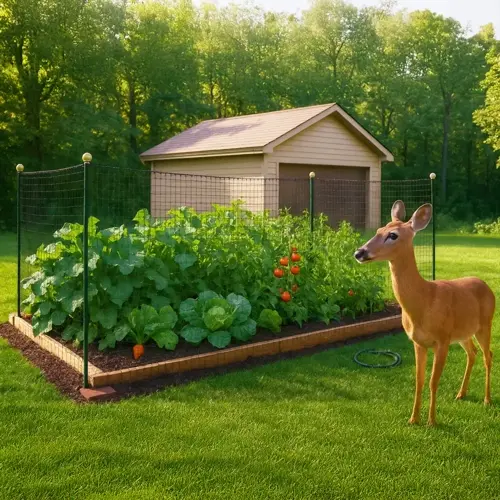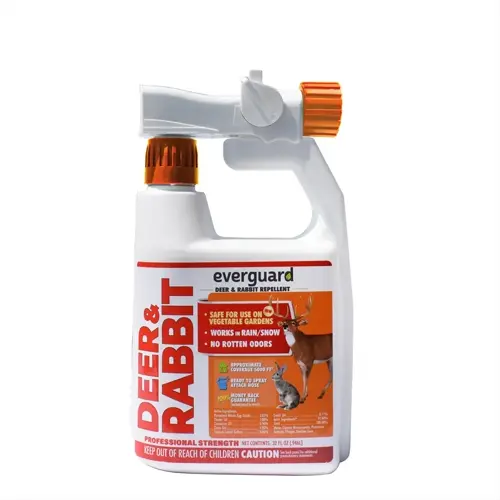How often should I reapply natural weed killers?

Written by
Benjamin Miller
Reviewed by
Prof. Charles Hartman, Ph.D.Determining reapplication frequency specifics for natural lawn weed killers is dependent on two main factors: the weeds and the weather. Annual weeds do not require as many treatments as deep-rooted perennials. Weather impacts solution efficacy which dictates reapplication schedule. I created a seasonal calendar after years of trials to improve the frequency of treatments.
Weed Type Differences
- Annual weeds: 1-2 applications usually sufficient
- Perennial weeds: 3-5 treatments for complete control
- Seedlings: Single application when caught early
- Established invaders: Multiple treatments over 2-3 weeks
Seasonal Adjustments
- Spring growth surge: Apply every 10-14 days
- Summer peak: Treat every 7-10 days during active growth
- Fall preparation: Monthly applications to prevent overwintering
- Dormant season: Minimal treatments unless mild climate
Method-Specific Timing
- Boiling water: Reapply after 7 days if regrowth appears
- Vinegar solutions: Retreat every 5-7 days for full effect
- Manual removal: Inspect weekly for missed root fragments
- Mulching: Refresh annually or when layer thins
Weather Considerations
- Retreat within 24 hours after unexpected rainfall
- Extend intervals during drought periods
- Avoid applications before forecasted storms
- Increase frequency during humid conditions
Monitoring Protocol
- Inspect treated areas every 3 days for regrowth signs
- Record application dates in a garden journal
- Adjust schedules based on observed results
- Combine methods to reduce overall treatments
Use methods to significantly reduce reapplications. For example, I will use vinegar to disarm weeds and then manually pull out weed roots after 48 hours. This allows me to treat weeds half as much as I would using methods alone. Always take advantage of the active growth phases of weeds for maximum absorption of the herbicide solution, resulting in even faster results.
Weather patterns force big schedule adjustments. In rainy springs, I will double the vinegar applications to offset dilution. In drought summers, I will delay between sprays because the stressed weeds will absorb the solutions more effectively. Keep a treatment log to track weather, results, and any information you can reference moving forward to optimize your approach.
Following up with preventive strategies takes time and effort in the long run. Early spring corn gluten meal can prevent seeds from germinating. Ensure that you maintain mulch layers to suppress any new growth. These techniques provide an environment for weed killers to be an occasional fix instead of a frequent or consistent strategy, saving time and energy!
Read the full article: 10 Natural Weed Control Methods That Work

